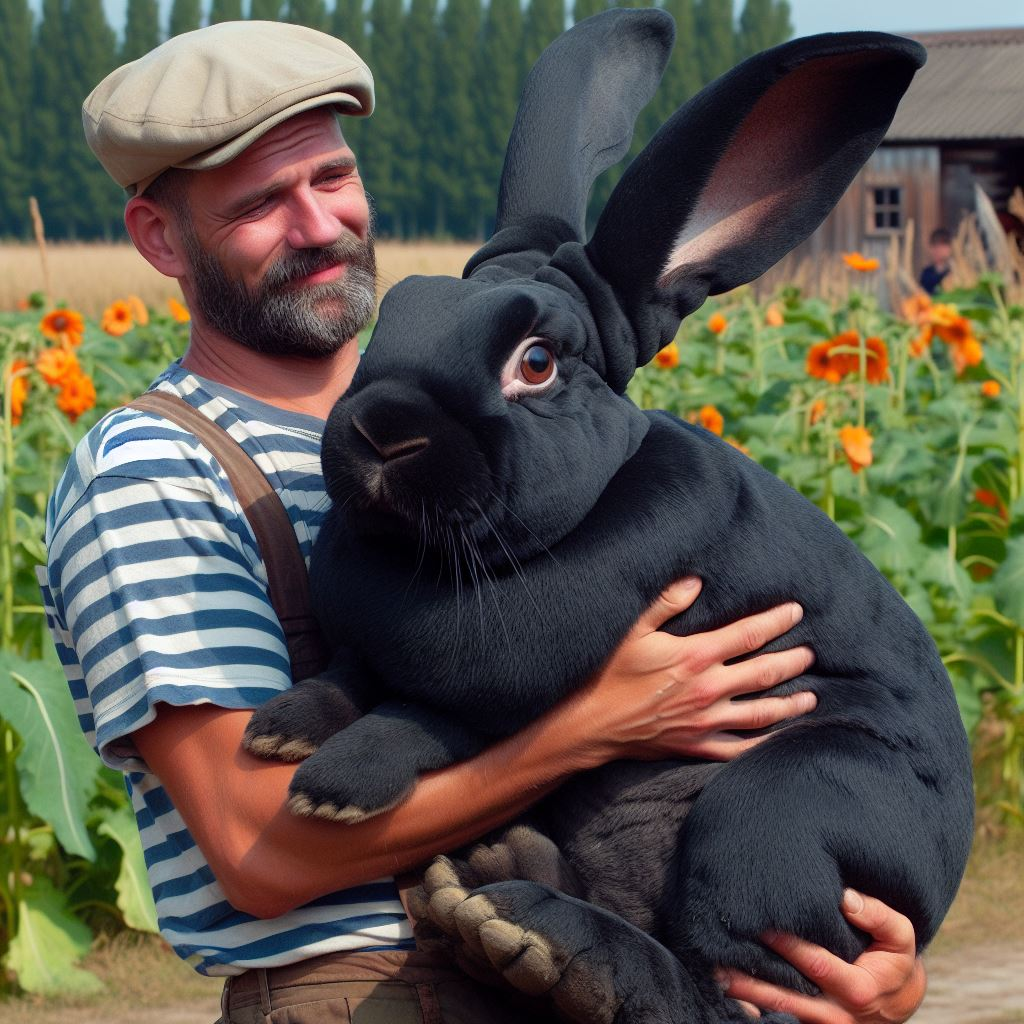("Het Achtste Gebod," pp 71-74, Peper en Zout by M.E. Voila, Kok: Kampen; n.d. tr. George van Popta, 2024)
The Eighth Commandment
The Koopman family,
also, is part of my congregation. The word “also” captures their status for
they are regarded as somewhat peripheral members. This is both a literal and
figurative assessment: geographically, they reside on the outskirts of the
village; socially, Brother Koopman is reputed to be a poacher.
His possessions
include a modest house, an expansive vegetable garden, and an orchard.
Additionally, he has a plump, jovial wife and six children who, though
barefoot, are the picture of robust health. Mr. Koopman himself bears a
striking resemblance to Popeye the Sailor, or so I’ve been told by parishioners who frequent the cinema.
Occasionally, certain
readers comment on how I might have better handled certain situations. Maybe
one of them could offer me counsel, as I find myself in a quandary.
I recently visited
the family to celebrate a new addition. I congratulated the mother and admired the
new baby. Mr. Koopman, or “Popeye,” was present as well. He proudly showed me
around the garden and orchard, and also his goats, the cow, pig, chickens, and
particularly the rabbits. He boasted a pair of gigantic Flemish Giants, if one would
pardon the redundancy. They were in a hutch between the house and the barn. We
stood there for a few moments admiring the magnificent creatures. It then
seemed that Mr. Koopman's paternal joy over the birth of the newborn just had
to be expressed tangibly. Lucky for me—or at least, that’s what I thought.
“Pastor,” he said,
“in just a few more weeks, they’ll be ready to be butchered. And you shall have
one of them. Do you like rabbit stew?”
I must admit, I
found the idea appealing, and I told him so.
Indeed, just yesterday, one of
the Koopman boys came by the parsonage to deliver the majestic creature, nicely
wrapped in brown paper.
It became a family affair, and
we all gathered around as I unwrapped it. The beast had been slaughtered, its
head removed—a truly impressive specimen.
“My, it has a strange scent,”
remarked my wife, her nose wrinkling in distaste.
“It is so blue,” observed one
of the children.
“That means it suffocated,”
another concluded.
“And look at those hind legs!”
exclaimed a third.
I disapprove of such critical
commentary on a gift, so I quelled the discussion by asserting, “That’s typical
for Flemish Giants!”
Accepting a tangible gift from
a man with Koopman’s poaching notoriety is fraught with implications; however,
in this instance, my conscience was clear.
This morning, I cycled
over to express my gratitude. As I neared the house, I could see Brother Koopman
busy at the barn, his wife and one of the boys also bustling about.
But upon my arrival, they had
all retreated to the kitchen, Popeye puffing on his pipe, his wife wielding a
dishcloth, and the children wearing guileless grins. They welcomed me warmly
and offered coffee.
Koopman appeared immensely
satisfied and would not accept my words of thanks.
“Pastor, do you often eat rabbit meat?”
I conceded, “Almost
never.”
“Our Flemish Giants.
. . .” began one of the children.
“Be quiet when
adults are speaking,” the father interjected sternly.
Our dialogue meandered on this delightful topic before I took my leave.
I hadn’t pedaled a hundred meters when I realized my rear tire was nearly flat. I circled back, intending to request the use of a bicycle pump. I went to the back of the house, and was surprised to find that the rabbit hutch had disappeared. I concluded that both Flemish Giants must have been butchered.
Koopman emerged from the back door of the house as I explained my predicament. “I’ll fetch the pump,” he assured.
He walked to the
barn, the door closing sharply behind him. As he took a few moments to return, curiosity got the better of me and I decided to go into the barn. Just as I was about to enter, Koopman came out and the door swung
shut once again. Despite that, I had a brief glimpse inside the barn and I saw the
rabbit hutch in which two enormous Flemish Giants were contentedly munching on
carrots. Koopman cast a sidelong glance at me with a grin reminiscent of
Popeye. He re-inflated my tire, and as I departed I was laden with questions,
for which I seek the reader’s counsel:
a. If the creature
with the peculiar scent, a bluish hue, and sizable hind legs isn’t a Flemish
Giant, what could it be?
b. Is Koopman aware
that I spotted the two Flemish Giants inside the barn?
c. Ought I to
inquire about the source of the gift from Brother Koopman, ready to admonish
him if it’s the result of poaching?
d. Should I retract
my earlier statement to my family, “That’s typical for Flemish Giants!”?
One certainty
prevails: judgment should not be passed hastily nor without a hearing, even
upon an animal. Hence, we shall reserve our verdict until after sampling the
rabbit stew tomorrow.

